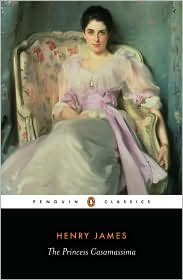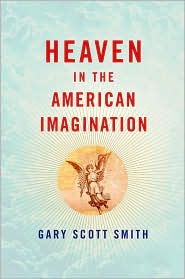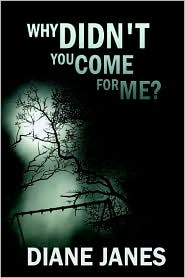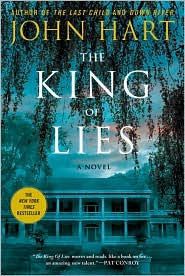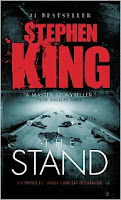Lawrence F. Kaplan is editor of
Entanglements. Previously, he was editor of
World Affairs, executive editor of
The National Interest, and senior editor at The
New Republic, for which he reported from Iraq during 2005-2007. Kaplan is also a Distinguished Visiting Professor at the U.S. Army War College. He is a graduate of Columbia University, Oxford, and the Johns Hopkins School of Advanced International Studies.
With Eve Gerber at The Browser, Kaplan discussed
five books on American intervention abroad, including:
Promised Land, Crusader State: The American Encounter with the World Since 1776
by Walter McDougall
That brings us to Promised Land, Crusader State by Walter McDougall. Tell us about the book.
 As the title implies, it explores the two sides of American exceptionalism. The term American exceptionalism, I should elaborate, derives from the idea that America is not just any country. It is a special country with a special mission and, in purposefully biblical terms, that mission is to redeem an otherwise sinful world. McDougall divides American foreign policy into “Old Testament” and “New Testament” phases. Others would call the tendencies exemplar and missionary impulses respectively. His “Old Testament” presents a modest America to which foreign nations can look for example. His “New Testament” offers America as a missionary nation going abroad to lecture on the Good Book.
As the title implies, it explores the two sides of American exceptionalism. The term American exceptionalism, I should elaborate, derives from the idea that America is not just any country. It is a special country with a special mission and, in purposefully biblical terms, that mission is to redeem an otherwise sinful world. McDougall divides American foreign policy into “Old Testament” and “New Testament” phases. Others would call the tendencies exemplar and missionary impulses respectively. His “Old Testament” presents a modest America to which foreign nations can look for example. His “New Testament” offers America as a missionary nation going abroad to lecture on the Good Book.
There is a striking continuity here. Even the most hard-nosed devotees of realpolitik (for instance Richard Nixon) are always in the end reduced to selling American foreign policy to Americans in biblical terms – referring to America as a city on the hill, a New Jerusalem. The language of American exceptionalism strikes a chord with Americans. President Obama, for one, came into office promising to be more modest in our dealings abroad. But to listen to him today you might think you’re listening to his predecessor. The lanes for discourse in American foreign policy are extremely narrow and well-hewed. When presidents talk about foreign policy they enjoy far less room to manoeuvre than they might have hoped for. They always veer back onto the path of exceptionalism.
McDougall disagrees with what he calls “American meliorism”, America’s attempt to remake the world in its image. Can you make his argument and then tell me if or why you disagree?
The strength of McDougall’s book is its taxonomies, the distinction he makes between the promised land, on the one hand, and then the crusader state on the other. The weakness of his book is located in its normative sections. McDougall, a Vietnam veteran, clearly prefers an America that, while it may have a conception of itself as a promised land, leads by example. He believes that during the Spanish American War America was transformed into a crusading state, and that after 1898 we were guided by a missionary impulse that led us into disaster in World War I and then into successive catastrophes during the Cold War, one of which he experienced up close and personally. In McDougall’s rueful telling, this tradition reached its apogee in Vietnam. Hence meliorism – the tendency to believe we can ameliorate the human condition, which he views as being fixed and fallen. McDougall nicely details how this messianic impulse has led us astray. But I believe his reading of our downfall is overly programmatic.
Read about
another book on Kaplan's list.
--Marshal Zeringue
 The entry begins:
The entry begins:


